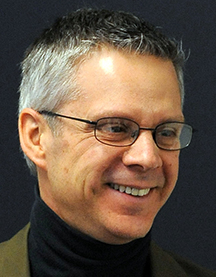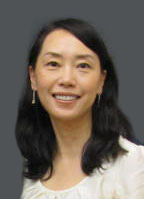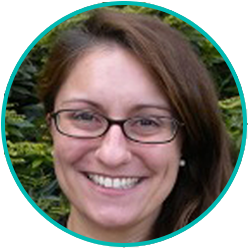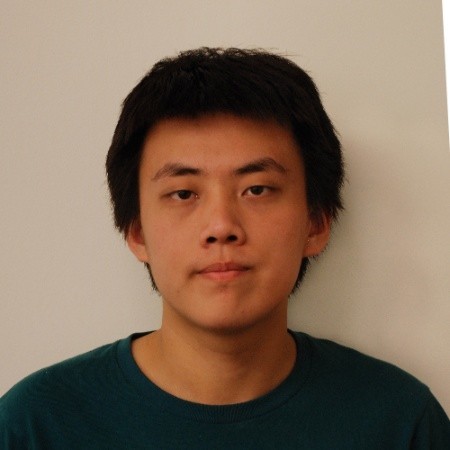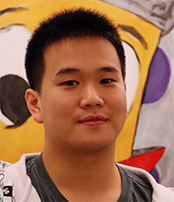Summer 2025 Software Group
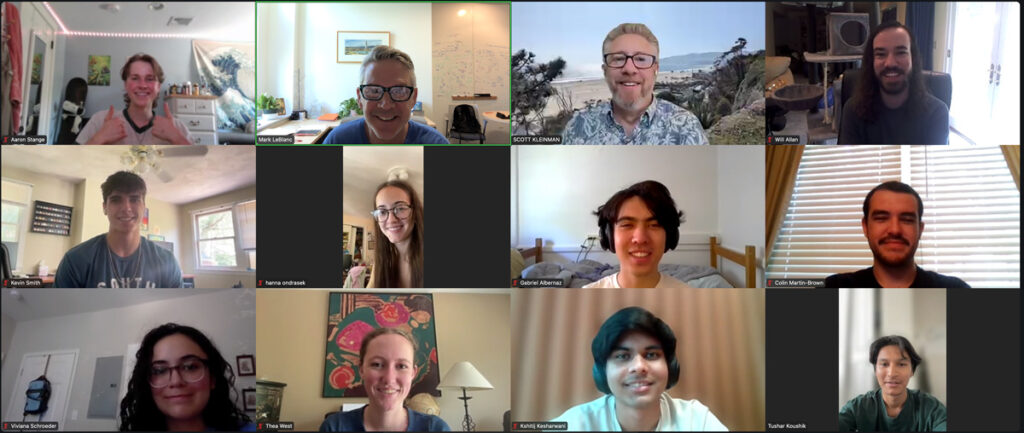
Suddenly, 2025 … and 16+ years for the Lexomics Research Group and our interdisciplinary work with undergraduates to build tools to help scholars explore their digitized texts. Project leads Mark LeBlanc, Michael Drout, and Scott Kleinman are blending start-up and research cultures to build and apply tools for introductory explorations of your favorite collection of texts.
Dr. Michael Drout. Anglo-Saxon scholar, Professor of English at Wheaton College. Mike enjoys the study of really old writing, writing from way, way before you were born. Drout has written extensively on medieval literature, including articles on Beowulf, the Anglo-Saxon wills, the Old English translation of the Rule of Chrodegang, the Exeter Book ‘wisdom poems’ and Anglo-Saxon medical texts. Drout’s English grammar book, King Alfred’s Grammar, is available at his website, www.michaeldrout.com, where you can hear him read you some Anglo-Saxon as a bedtime story.
Dr. Scott Kleinman. Professor of English and Director of the Center for the Digital Humanities at California State University, Northridge. Scott is a classic digital humanities professor: studying Middle English verse one moment and cutting code the next. Scott was lead front-end developer in the v4.0 release of Lexos software and is leading current efforts to release an API to Lexos functionality.
Dr. Mark D. LeBlanc. Professor of Computer Science at Wheaton College. LeBlanc has supervised the development of many software tools and computational experiments in genomics and lexomics. In addition to running machine learning experiments in R and Python, Mark tries to manage the software-types.
Past Performances
Dr. Jianyu Huo is a Wheaton research scholar of Chinese literature and drama. Her research interests span from classical Chinese literature and drama, Buddhism and Daoism, women’s and gender studies, digital humanities, to puppet theater, Asian-American theater, world theatre, and cross-cultural theater adaptations. She has taught at Boston University, Bentley University, and the University of Pittsburgh. The broad range of courses she has taught includes those on classical Chinese drama, world theater, performance, and Chinese cinema. She also taught classical Chinese literature and drama at Renmin University in Beijing and at Shanxi University as an Associate Professor. She is the editor of seven volumes of the Precious Scrolls Collection of the Harvard-Yenching Library (Meiguo Hafo da xue Hafo Yanjing tu shu guan cang bao juan hui kan 美國哈佛大學哈佛燕京圖書館藏寶卷彙刊). She received her Ph.D. and Distinguished Dissertation Award from Nanjing University. She was awarded a postdoctoral fellowship from the Harvard Graduate School of Arts and Sciences and was a researcher at UCLA. Her current projects include applying Lexomics methods and other digital humanities approaches to world literature.
Kate Boylan ’04, former Director of Archives & Digital Initiatives at Wheaton College. Kate helped the group begin to learn how to manage our research data, including repositories that capture some of our hours of previous work spent finding, scrubbing, and cutting texts and entire corpora in special ways, for example, Shakespeare’s corpus.
Weiqi Feng ’19. Weiqi was our software lead in both 2018 and 2019. A computer science and mathematics major at Wheaton, Weiqi is at UMass Amherst studying for his Ph.D. in Computer Science.
Cheng Zhang ’18. Cheng led our back-end (Python) refactoring efforts, prompting the group of eight developers to adopt PEP8 standards, type hinting, unit testing with code coverage, and continuous integration. Cheng has earned his Ph.D. in Computer Science from Boston University.
Previous Research Groups
2022: Jack Murray, Jeffrey Stewart, Scott Kleinman, and Mark LeBlanc.
2020-21: "hello Covid"
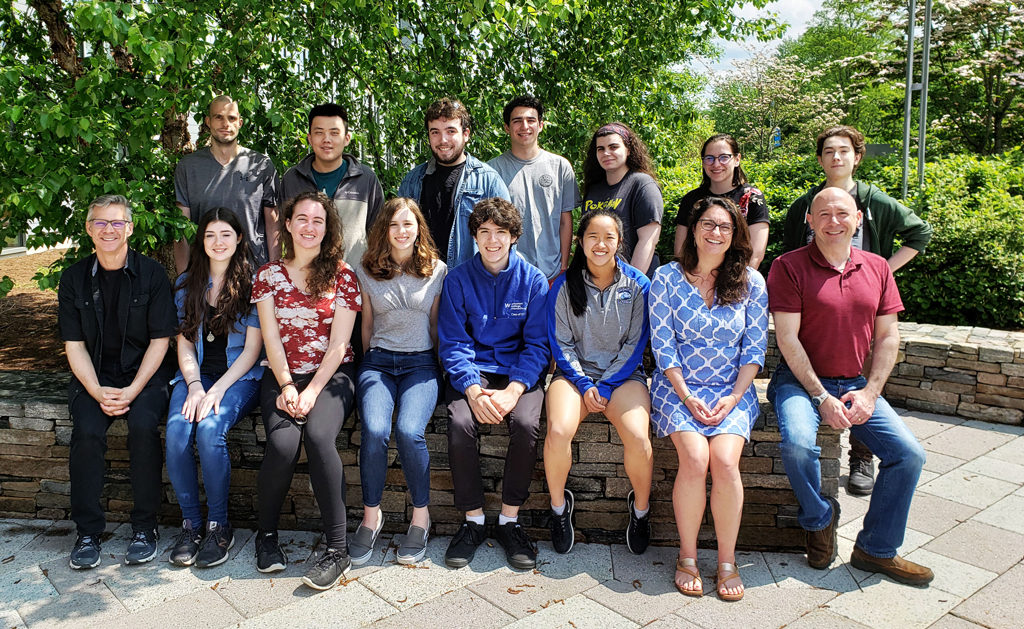
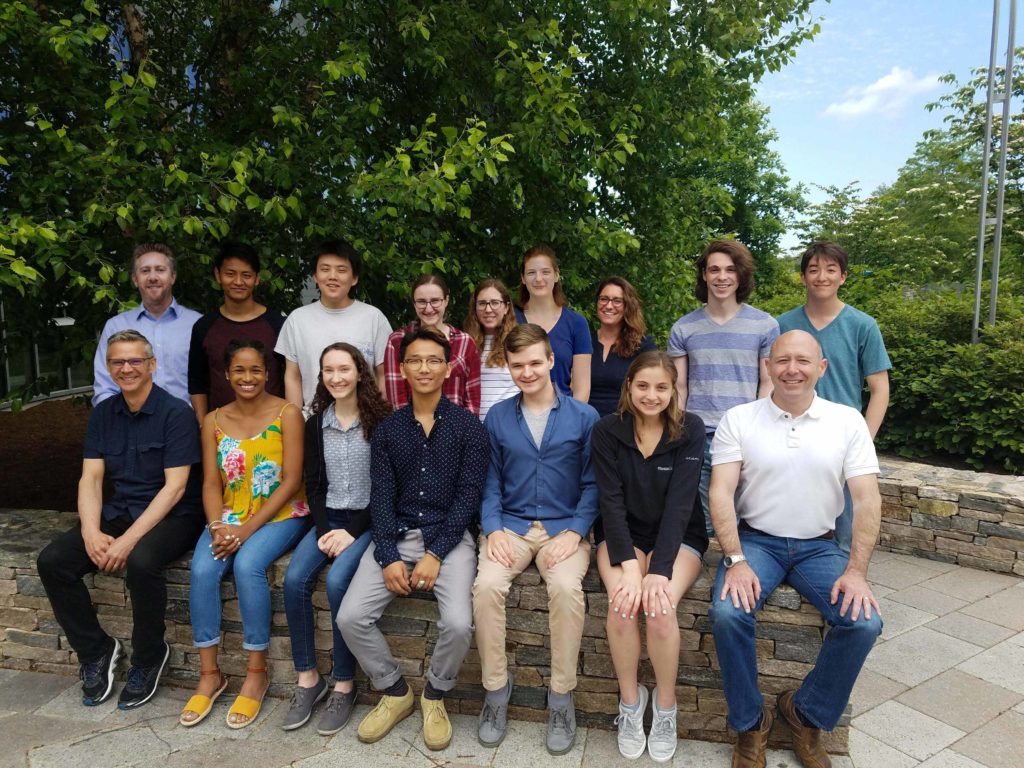
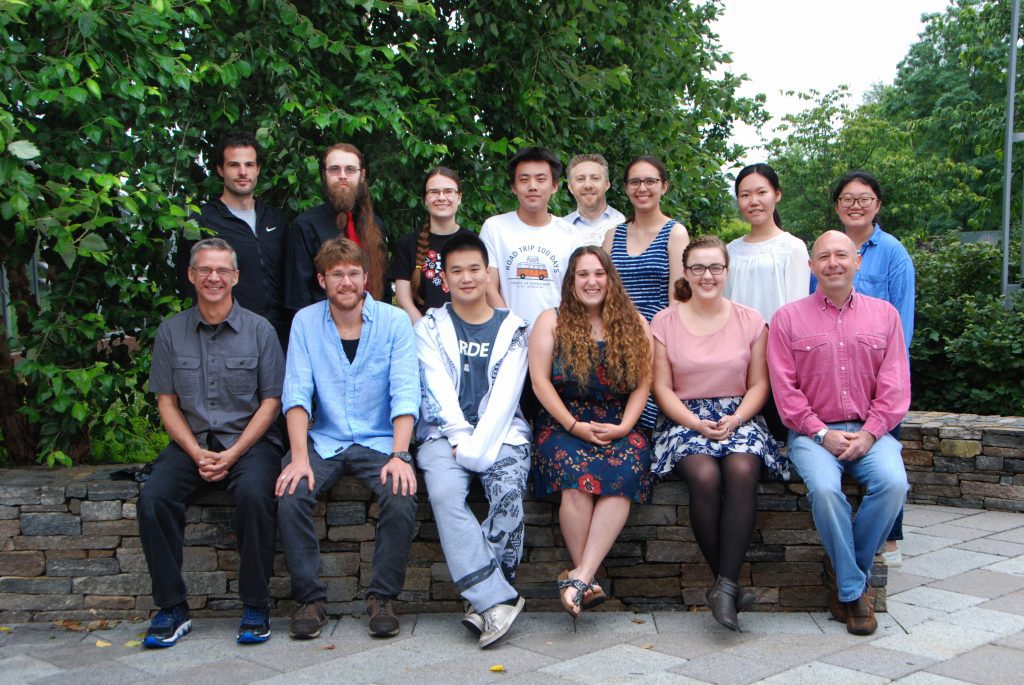
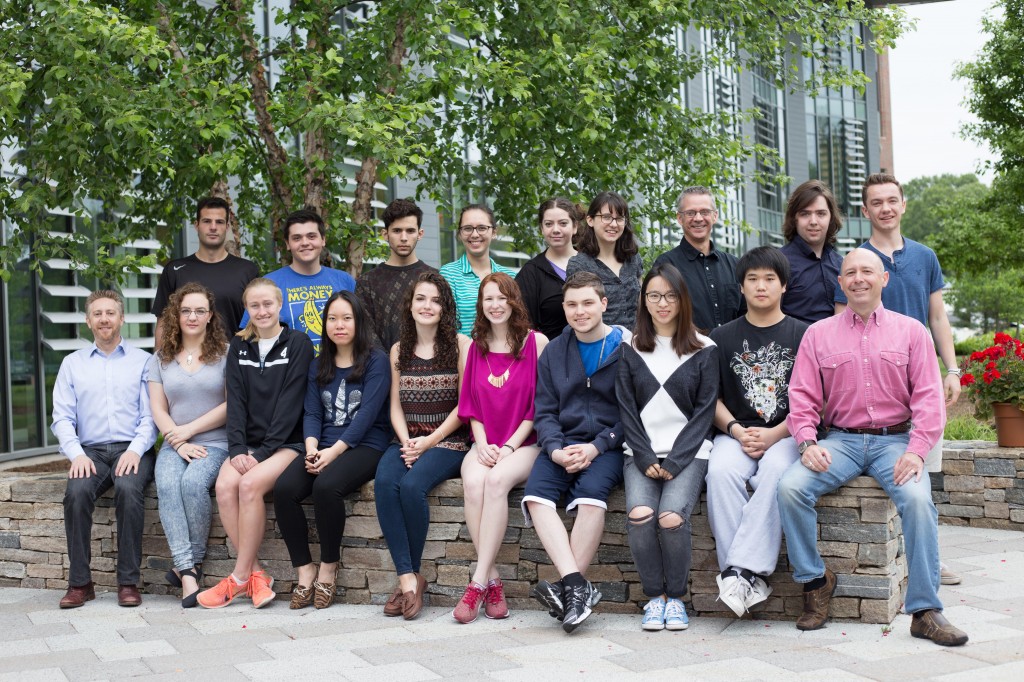
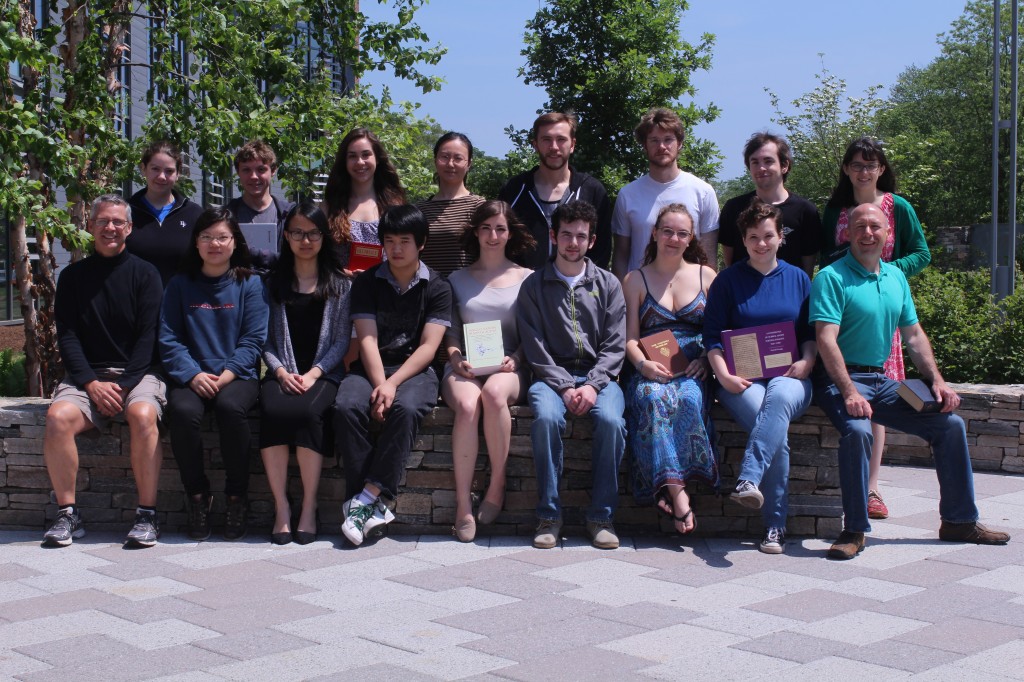
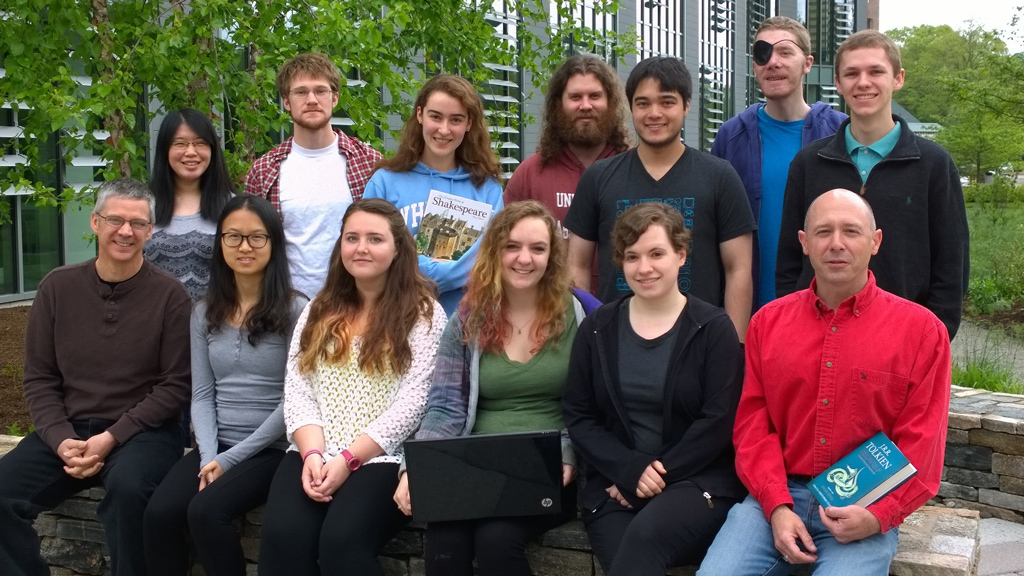
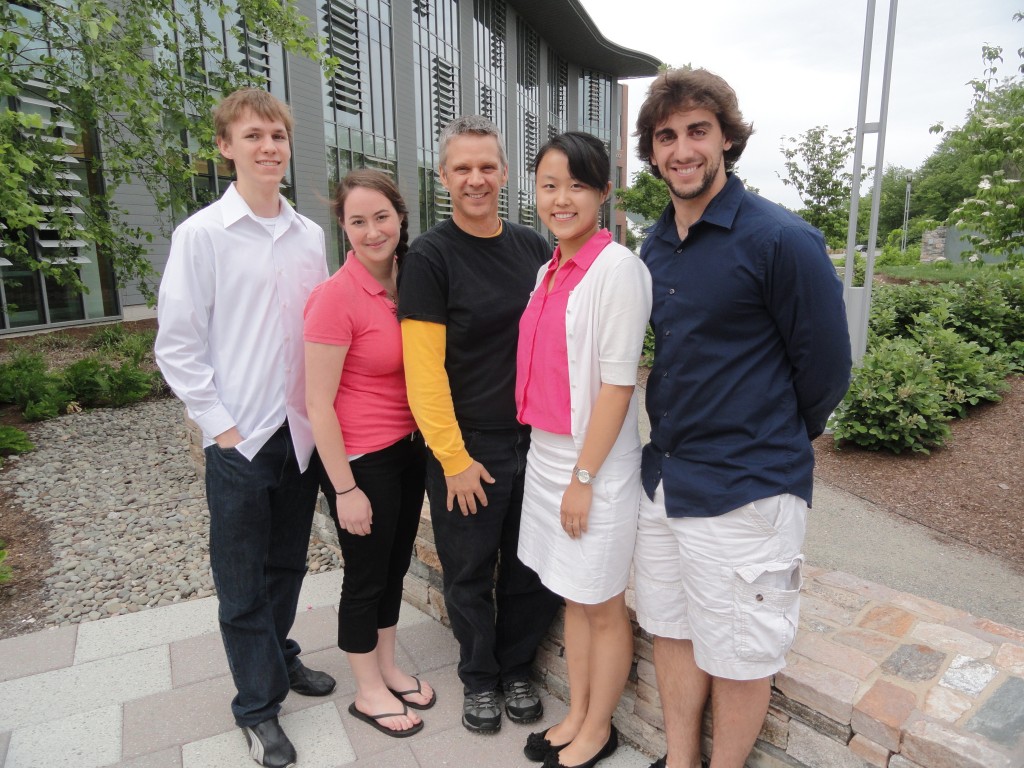
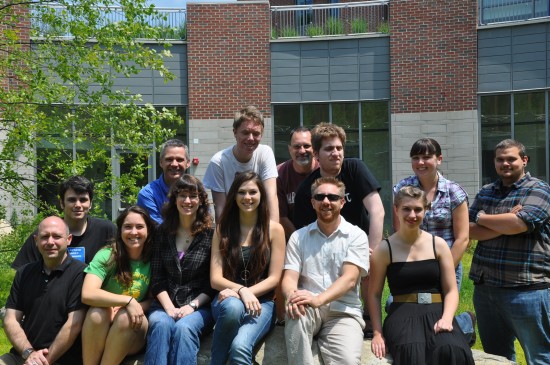
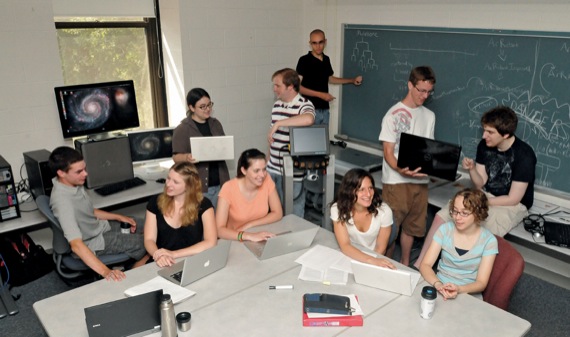
2009-2010: Christina Nelson ’11 and Neil Kathok ’10
2008: Christina Nelson ’11 (see article about our founding student researcher: Graduating senior lands Raytheon job)



